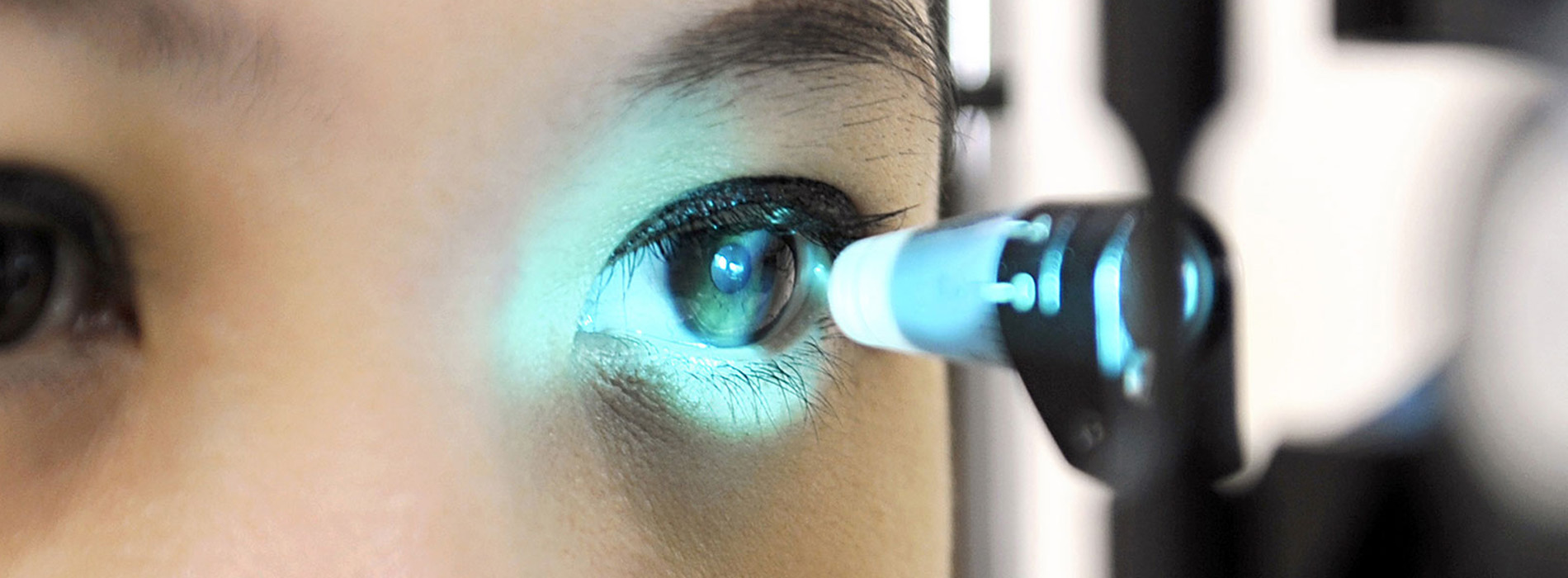Understanding Glaucoma: Protecting Your Vision
Glaucoma is a group of eye diseases that damage the optic nerve, the vital pathway that carries visual information from your eye to your brain. Often, this damage is caused by an abnormally high pressure inside your eye (intraocular pressure or IOP). Without treatment, glaucoma can lead to progressive and irreversible vision loss, and eventually blindness. Because many forms of glaucoma have no warning signs, early detection through regular eye exams is crucial.
What Causes Glaucoma?
While the exact cause of glaucoma isn't always known, in many cases, it's related to a buildup of fluid inside the eye. This fluid, called aqueous humor, normally drains out through a mesh-like channel at the angle where the iris and cornea meet. When this drainage system is blocked or works too slowly, fluid accumulates, and the pressure inside the eye increases. This elevated pressure can damage the delicate fibers of the optic nerve.
Types of Glaucoma
There are several main types of glaucoma:
- Open-Angle Glaucoma: This is the most common form. The drainage angle appears open, but the fluid passes too slowly through the meshwork. It develops slowly and painlessly, often without any noticeable symptoms until significant vision loss has occurred.
- Angle-Closure Glaucoma (Narrow-Angle Glaucoma): In this type, the iris blocks the drainage angle, preventing fluid from leaving the eye. This can happen suddenly (acute attack) or gradually. Acute angle-closure glaucoma is a medical emergency.
- Normal-Tension Glaucoma: Optic nerve damage occurs even though the IOP is within the normal range. The exact cause is not fully understood but may involve a sensitive optic nerve or reduced blood flow.
- Secondary Glaucoma: This type develops as a result of another eye condition, such as eye injury, certain medications (like steroids), eye tumors, or other medical conditions like diabetes.
- Congenital Glaucoma: This is a rare form present at birth or develops in early childhood due to an abnormality in the eye's drainage system.
Symptoms of Glaucoma
Symptoms of glaucoma vary depending on the type:
- Open-Angle Glaucoma: Often no noticeable symptoms in the early stages. As it progresses, you may experience gradual loss of peripheral (side) vision, eventually leading to tunnel vision.
- Acute Angle-Closure Glaucoma: Sudden, severe eye pain, blurred vision, halos around lights, nausea, and vomiting. This requires immediate medical attention.
- Normal-Tension Glaucoma: Similar to open-angle glaucoma, with gradual peripheral vision loss.
- Congenital Glaucoma: Cloudy eyes, excessive tearing, and unusual sensitivity to light.
Diagnosis of Glaucoma
Regular comprehensive eye exams are essential for detecting glaucoma. Your eye doctor will perform several tests, including:
- Tonometry: Measures the pressure inside your eye (IOP).
- Visual Field Test: Determines if you have lost any peripheral vision.
- Ophthalmoscopy: Allows your doctor to examine the optic nerve for any signs of damage.
- Gonioscopy: Examines the drainage angle of your eye to determine if it's open or closed.
- Optical Coherence Tomography (OCT): Creates detailed cross-sectional images of the optic nerve fibers to assess for damage.
- Pachymetry: Measures the thickness of your cornea, which can affect IOP readings.
Treatment of Glaucoma
While there is no cure for glaucoma, treatment aims to lower the IOP and slow down or prevent further optic nerve damage. Common treatment options include:
- Eye Drops: Medications in the form of eye drops are the most common initial treatment. Different types of eye drops work to either reduce fluid production in the eye or increase fluid outflow.
- Laser Therapy: Several types of laser procedures can help increase the outflow of fluid from the eye.
- Surgery: In some cases, surgery may be necessary to create a new drainage pathway for fluid to leave the eye.
Protect Your Sight: Schedule Regular Eye Exams
Because glaucoma often progresses without noticeable symptoms in its early stages, regular comprehensive eye exams are the best way to protect your vision. If you are over the age of 40, have a family history of glaucoma, are of African descent, or have certain other risk factors, it's especially important to have regular eye checkups.
At National Vision Center, we provide comprehensive glaucoma evaluations and management. Schedule your eye exam today to take proactive steps towards maintaining healthy vision.

